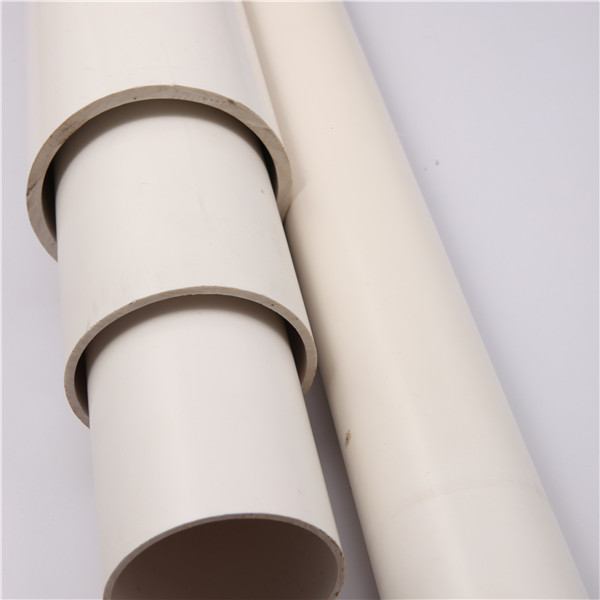Aug . 16, 2024 15:41 Back to list
Efficient Drip Irrigation System Utilizing PVC Pipes for Sustainable Gardening Practices
Drip Irrigation Using PVC Pipe An Efficient Solution for Modern Agriculture
In recent years, efficient water management has become a necessity in agriculture due to the growing concerns about water scarcity, climate change, and the need for increased food production. One innovative solution that has gained popularity is the use of drip irrigation systems, particularly those involving PVC (polyvinyl chloride) pipes. This method not only conserves water but also improves crop yield and reduces labor costs.
Drip irrigation is a highly efficient watering technique where water is delivered directly to the root zone of plants through a system of tubes, pipes, and emitters. Unlike traditional irrigation methods, which often result in significant water wastage through evaporation or runoff, drip irrigation minimizes these losses. The adoption of PVC pipes for this system offers several advantages, making it an ideal choice for farmers and gardeners alike.
Drip Irrigation Using PVC Pipe An Efficient Solution for Modern Agriculture
Another significant advantage of using PVC in drip irrigation systems is its lightweight nature, which makes installation and mobility easier. Farmers can set up the system in various configurations to suit their specific field layouts or crop types without the burden of heavy materials. Additionally, PVC pipes can be easily cut and modified to create a customized irrigation layout, ensuring efficient water delivery tailored to the needs of different plants.
drip irrigation using pvc pipe

The efficiency of drip irrigation systems using PVC pipes is not only about water conservation; it also enhances crop health and productivity. By delivering precise amounts of water directly to the roots, plants receive the moisture they need without the stress of over or under-watering. This targeted approach helps in promoting healthier root development and optimizing nutrient uptake. Furthermore, drip irrigation reduces weed growth, as water is applied only where it is needed. As a result, farmers can expect higher yields and better quality produce from their crops.
Moreover, drip irrigation systems contribute to sustainable farming practices. With a growing emphasis on sustainable agriculture, farmers are increasingly turning to methods that minimize their environmental impact. By utilizing PVC pipes in their irrigation systems, they can significantly reduce water waste, leading to more sustainable water usage as well as decreased energy consumption associated with pumping and distributing water.
Setting up a drip irrigation system with PVC pipes involves a few basic steps. First, farmers must design their layout based on the crop type and field dimensions. Next, the PVC pipes must be cut to size and connected to a water source, typically a well or a storage tank. Emitters are then placed at calculated intervals along the pipes to ensure even water distribution. Regular maintenance checks are crucial to ensure that the emitters are not clogged and that the system operates at optimal efficiency.
In conclusion, drip irrigation using PVC pipe is an effective and sustainable solution that addresses the challenges of modern agriculture. Its advantages of durability, ease of installation, enhanced crop productivity, and water conservation make it an attractive choice for farmers seeking to improve their irrigation practices. As the world continues to face water scarcity, adopting these innovative techniques will be essential for ensuring food security and promoting sustainable farming practices in the years to come.
-
PVC Grey Sheet for Extraction: Chemical Resistant & Durable
NewsAug.19,2025
-
Durable PVC Pipe Fittings for Plumbing & Irrigation Needs
NewsAug.18,2025
-
HDPE Steel Belt Reinforced Spiral Corrugated Pipe | High Strength
NewsAug.17,2025
-
HDPE Pipe Fittings: Durable, Leak-Proof Solutions
NewsAug.16,2025
-
Premium CPVC Sheet: High-Temp & Chemical Resistant Solutions
NewsAug.15,2025
-
Durable PPR Pipe for Hot & Cold Water Systems - Easy Install
NewsAug.14,2025

